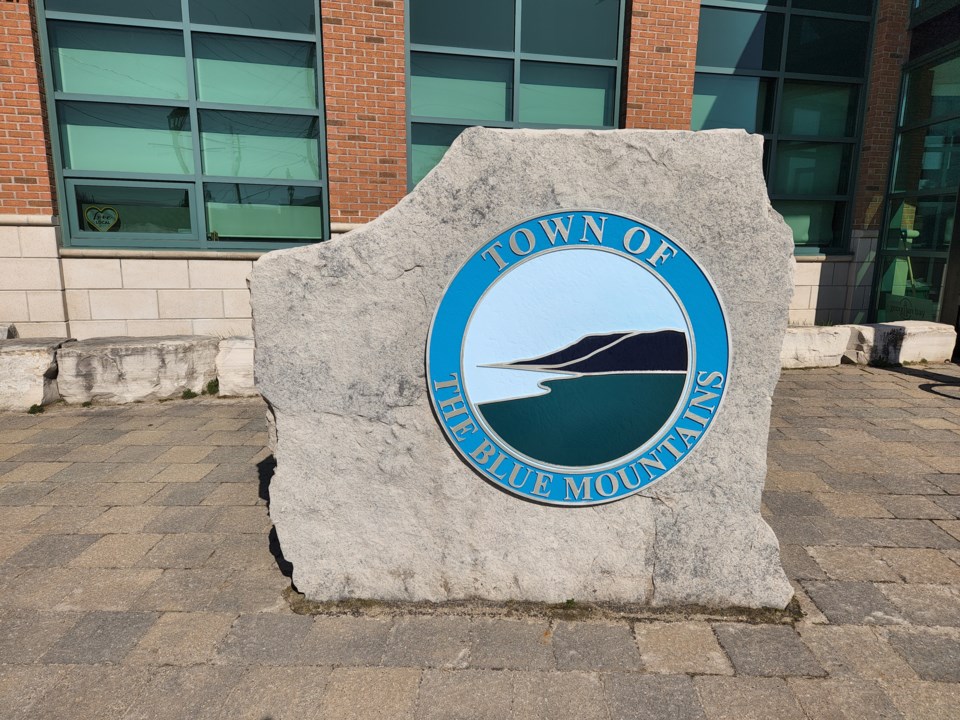The Town of The Blue Mountains is looking at a multi-million dollar windfall should it decide to implement a Municipal Accommodation Tax (MAT).
The town could realize annual revenue starting at more than $4 million per year if it implements a MAT. That amount is based on a four per cent tax being applied to the town’s 1,825 accommodation units each time they are rented. The revenue is expected to grow to more than $5.7 million by 2028 as more accommodation units come online.
The town would get to keep half of the amount it collects from a MAT. The other half must be given to a non-profit tourism organization to be used to promote tourism and enhance tourism programs in the community.
Such a tax would be levied by the municipality and collected and remitted to the town by accommodation businesses including hotels/motels, short-term accommodations, bed and breakfasts and commercial rental units. The tax would only be added to overnight stays fewer than 30 nights.
Collingwood is also considering a MAT.
At its committee of the whole meeting on Jan. 15, The Blue Mountains council received a full update on the MAT process and what would be required for the town to proceed.
The town has been studying the possibility of a MAT since the 2023 budget. Provincial legislation allows municipalities to implement accommodation taxes at whatever rate they choose, but the general standard is four per cent. More than 50 municipalities across Ontario have implemented a MAT.
Tim Hendry, the town’s manager of communications and economic development, has taken the lead on the project that has been ongoing for the past year. The town engaged two consulting firms to assist with the gathering of data and stakeholder engagement.
Hendry told council there is still a long road to travel before a MAT becomes a reality for the town. He also said the town’s tourism industry is very different from others around the province.
“There is still a lot of work that needs to be undertaken,” he said. “The Town of The Blue Mountains cannot be compared to any other jurisdiction in the province. We are unique.”
At the meeting, council voted unanimously to approve a staff recommendation to continue the process of researching a MAT and to provide a follow-up report in the near future about administrative and governance requirements for a MAT.
Council received presentations from consultants Camilio Montoya-Guevara (Bannikin Travel and Tourism) and Rebbecca Godfrey (CBRE Tourism Consulting) about how a MAT works, what is required to implement such a tax and results of the town’s extensive efforts to engage with stakeholders on the tax idea. Godfrey’s report provided estimates of revenue from a MAT based on the current local accommodation industry and what could be expected to happen in the future.
Members of council were eager to learn more about the process, but also stressed it was important to be cautious and not to rush.
“This is an industry that is anchored to our community,” said Coun. Gail Ardiel. “(The industry) has to be 100 per cent on board. We have a lot to think about. There is some more work to be done.”
Town staff will continue to work on the project and will follow up with a report to council. Staff also plan to explore grant opportunities to support the development of a tourism strategy for the town.
